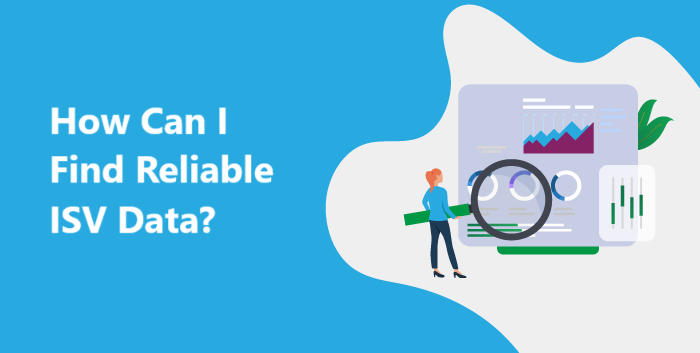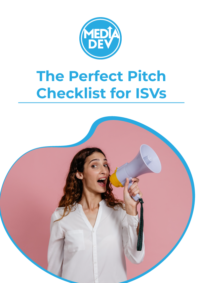As a working mom of 2 kids, I often find myself battling the clock. There just never seems like there’s enough time in a day to do everything that needs to be done. Days are rushed. Balancing hectic work schedules with home life isn’t an easy task, especially when there’s always so much to do at home too. Between working full-time in a C-level position and being a full-time mom, “me-time” often gets sacrificed.
I’ve read a lot of (feminist) articles about how working moms can’t have it all even in today’s society, but actually, I’ve come to the conclusion that you can have it all, as long as you don’t try to do it all yourself.
The same goes for business. It’s unreasonable to take on every project internally and think that you’re going to be able to deliver high-quality results each time (on time). Hiring resources can be expensive and training time-consuming. Being able to delegate tasks to a reliable outsourcer is like hiring a housekeeper or ordering-in food so that you don’t have to cook. It’s the best way to focus on what’s really important, and it will help reduce work-related stress and worker frustration at the same time.
Here’s what to consider when choosing an outsourcer:
Flexibility, reliability, and open communication are essential
When interviewing outsourcers, you should ask how frequently you’ll get updates/reports, what reporting tools they use and how they communicate with their clients. Are they able to adapt to different types of reporting formats? Can they deliver results using online tools instead of manually via Excel? Are they amenable to implementing Salesforce-friendly templates?
Their response should be clear so you know what to expect once the project is live. You shouldn’t have to chase after an outsourcer to get information about what you’re paying them for — they should be coming to you before you even need to ask.
Before hiring an outsourcer, make sure that they have fully understood your needs, and that expectations are clearly outlined. Setting up a weekly conference call to touch base is a great way to open up the lines of communication and create stronger ties with them than what you can get only over email (or other project management tools like Asana and Slack).
You should be able to determine within the first few weeks whether your outsourcer is trustworthy; this can be measured by how well they “walk the walk” and do what they said they would before you signed a contract with them.
Make sure they’ve got the required skills
How can you be sure that your outsourcer has the required skill-set to deliver? Ask them for references or case studies — if they’ve successfully completed similar projects in the past, they probably can do it again. Understand what their strengths and weaknesses areas are and don’t hesitate to shop around. It’s good to know if they are specialized in your focus area or not; those that are will be more effective at carrying out the tasks at hand.
But remember that at the end of the day, it’s also about how you feel about working with them — if they are customer-service oriented (which they should be in their line of business) the relationship should be easy and enjoyable.
Know what you’re paying for
Some outsourcers require that you pay for a certain number of resources over a specified period of time. How do they calculate a man-day of work and how can you be sure that you’ll get results during that period? Results-based business models eliminate the guesswork since you’ll only pay for what’s actually produced. This will help secure ROI and will certainly push the outsourcer to deliver a quality end product.
Confirm scalability
It’s important to know how scalable your outsourcer is and whether or not they’ll have additional resources to allocate to a project should you want to expand the objectives or speed up the delivery time frame. Get their ideas on the next steps should you want to go in this direction before you start so that you have a better understanding about the size of their team, the scope of the projects they have on their plate besides yours, and whether or not scalability is possible.
Outsourcing doesn’t have to be one big black-box
Just because you use an outsourcer that doesn’t mean you shouldn’t have any visibility over what they’re doing in the back office.
You should be able to speak with the project team when needed, and your door should be open to them for questions too. Making sure your outsourcer doesn’t outsource to yet another third party is important; if you need full visibility and control over your project, you should have a guarantee that they’re not dependent upon other people outside of their own team in order to deliver the final results.
Asking your outsourcer to sign additional agreements (ie non-disclosure agreements) is a good way to keep all it under one roof.








